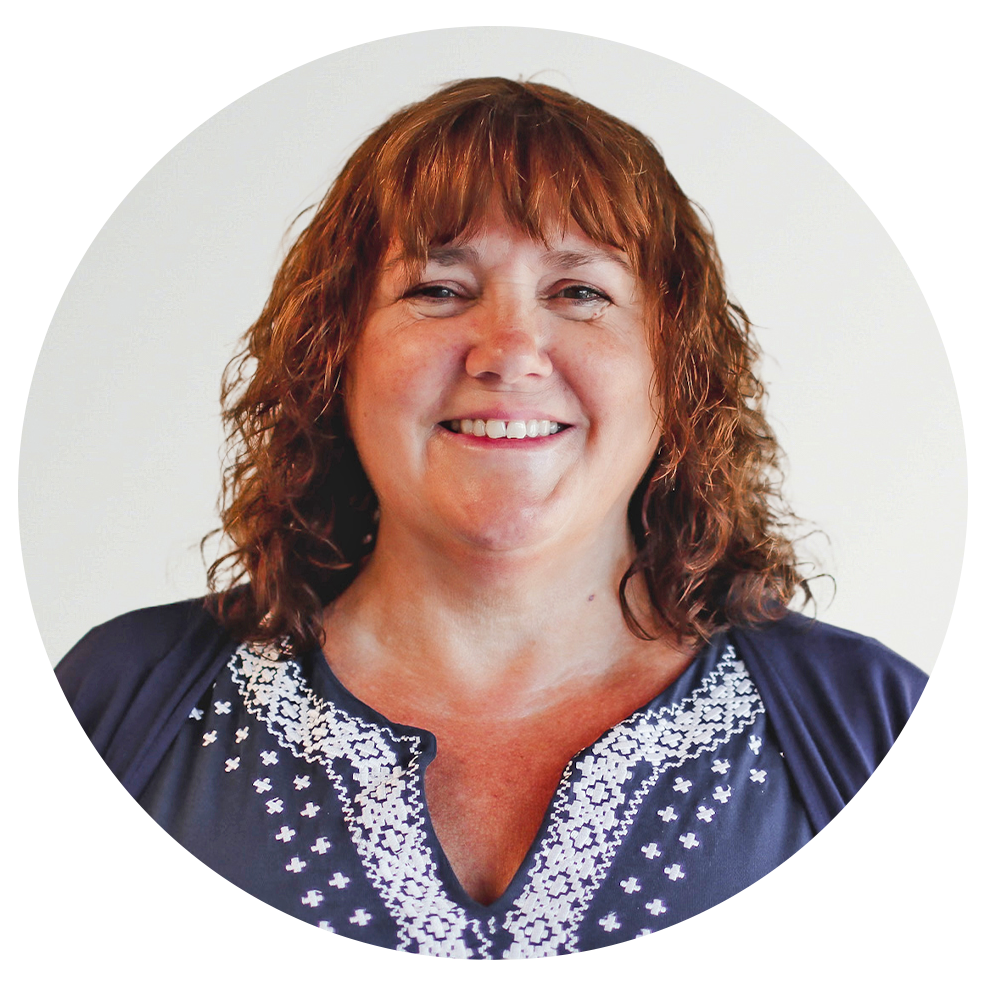Wound assessment, getting it right first time
In this webinar we consider the aspects of wound assessments, tools to support the process of assessment and wound classification to help you have confidence in making treatment decisions.
Learning Outcomes
- Understand factors that might delay healing
- Recognise aspects of wound assessment and tools to support the process
- Understand how to use the wound assessment to make treatment decisions
Meet our Experts

Heidi has been a Tissue Viability Nurse since 2002. Her interest and passion in the prevention and management of pressure ulcers began, however, in 1987 on registering as a nurse. She has worked in both acute and community care.
People who watched this also watched...
Understand population change and the implications for the care customer in the next 20 years
This webinar explores population-level ageing, examining drivers of change in the age-structure of the population such as fertility, mortality, and migration. We also discuss shifts in living arrangements, family formation, and dissolution, and their impact on older people's circumstances and sources of support. Additionally, we examine socio-economic differences across cohorts and discussed their implications for the changing care landscape over the next 20 years.
Conversations that matter: Navigating sensitive topics with patients and families
Join Kate Jackson as she reflects on experiences of conversations that feel challenging and shares her learning about how to reduce anxiety, stress and worry about interactions with patients and families. Kate will explore concepts and skills that help to build confidence in addressing topics that may feel uncomfortable and offer tips and strategies that can be used in health and social care practice.
Rebuilding lives after stroke
A stroke can happen to anyone. This is an awareness raising webinar looking at what a stroke is and how to recognise when someone might be having a stroke. Having a greater insight into how this brain injury can impact on individuals, can help to inform any professional or personal interactions you may have with people affected by stroke. This webinar also covers what we can all do to reduce our risk of stroke, the work of the Stroke Association and ways we could potentially make a difference together.


